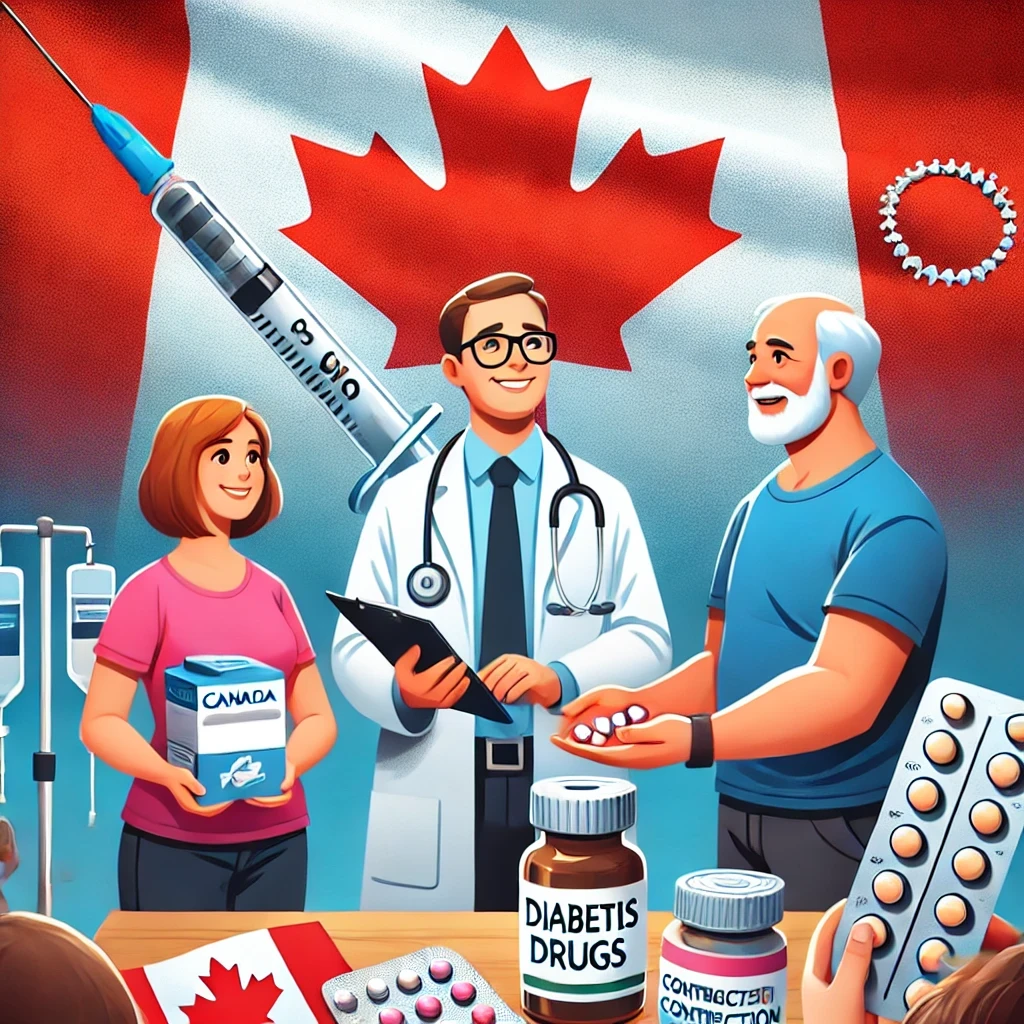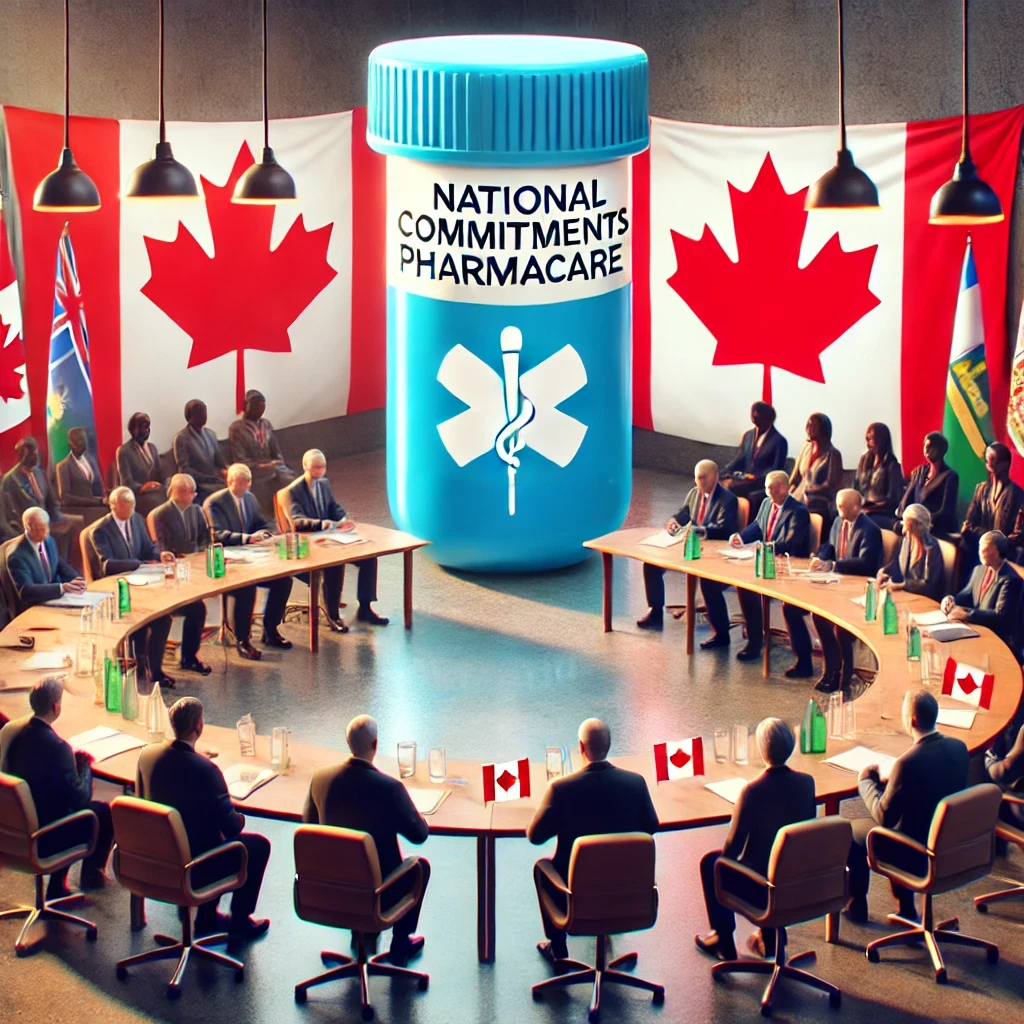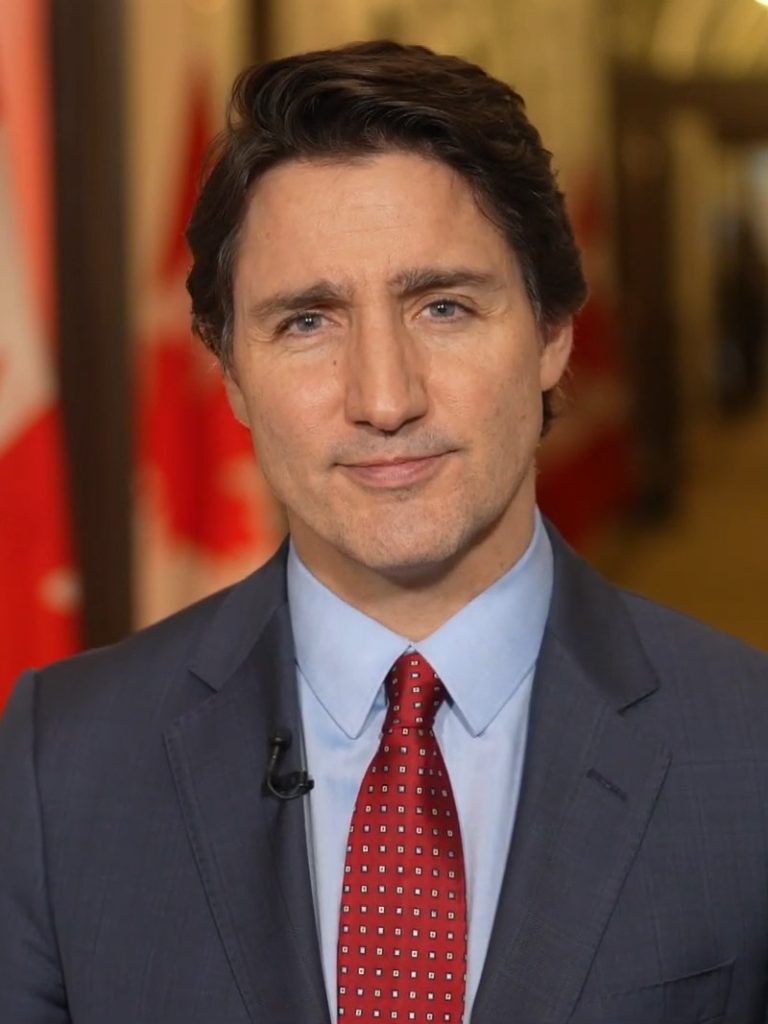In a landmark move, Canada’s parliament has passed a bill that will make insulin and contraceptives free for millions of Canadians, putting it ahead of the United States in addressing affordability for essential medications. The bill, which covers the full cost of diabetes drugs, including insulin, and common contraceptives, is part of a broader plan to expand into a national pharmacare program.

The initiative aims to alleviate the financial burden on Canadians struggling with prescription drug costs, with the federal government estimating that one in five Canadians face difficulties affording their medications. The plan, which will cost an estimated C$1.9 billion ($1.3 billion USD) over the next five years, is the first step toward a publicly funded, universal prescription drug program.

Under the new bill, all diabetes medications, including insulin for both type 1 and type 2 diabetes, will be fully covered. Insulin, which can cost Canadians between C$900 and C$1,700 per year, is essential for the management of diabetes. This bill ensures that anyone who doesn’t have coverage through private insurance plans will have access to the medication for free. Additionally, the program also covers Metformin, a drug commonly used to regulate blood sugar for type 2 diabetes patients.

The bill also provides free contraceptives, a move hailed as a “historic achievement” by the Society of Obstetricians and Gynecologists’ of Canada. This provision ensures that the nine million Canadian women of reproductive age who currently pay between C$100 and C$300 annually for birth control can now access these medications at no cost. Women will now have the freedom to make decisions about contraception based on personal needs rather than financial concerns.

While this is an important step toward universal pharmacare, it is still in its early stages. The federal government will now negotiate individual funding commitments with each of Canada’s provinces and territories. Some provinces, such as British Columbia, have already signed on, while others, including Alberta and Quebec, have expressed reservations, accusing Ottawa of overstepping into provincial jurisdictions.

Prime Minister Justin Trudeau has expressed optimism about the program’s success, urging provinces to move quickly in finalizing agreements. “This is real progress,” Trudeau said, speaking from the Association of Southeast Asian Nations Summit. He hopes to see some provinces onboard by the end of this year, with all expected to join by spring 2025.

Despite the optimism, there are critics of the program. Opposition leader Pierre Poilievre, whose Conservative party currently leads national polls, has voiced opposition to the bill. The Canadian Chamber of Commerce has also raised concerns, arguing that the government’s decision to implement a single-payer model could lead to reduced access to prescription drugs and further burden taxpayers.

This bill arrives at a time when the cost of prescription drugs is a growing concern for Canadians. In 2023, Canadians spent an estimated C$41 billion on medications, with only C$8 billion of that coming out-of-pocket. The government estimates that free access to insulin and contraceptives will provide immediate relief to millions.

This plan stems from a political deal between the Liberal Party and the left-wing New Democratic Party (NDP), which had agreed to support the minority government in exchange for launching the pharmacare program and addressing other key priorities. However, the NDP pulled out of that agreement in September, making a snap election possible before 2025.

In contrast to Canada’s proactive approach, the U.S. continues to struggle with soaring prescription drug prices, especially insulin. American diabetes patients often pay hundreds or even thousands of dollars annually for life-saving medications. Despite attempts to cap insulin costs in the U.S., the patchwork system of healthcare and ongoing political gridlock has made widespread affordability difficult. Canada’s move to make insulin and contraceptives free could serve as an example for the U.S. as it grapples with healthcare reform. While the path to universal pharmacare in Canada is still developing, this bill marks a significant step forward, providing immediate relief for millions and setting the stage for future healthcare expansion.





